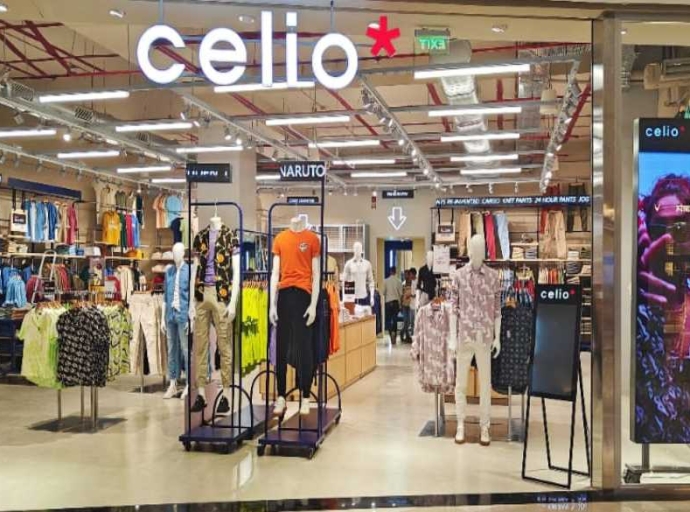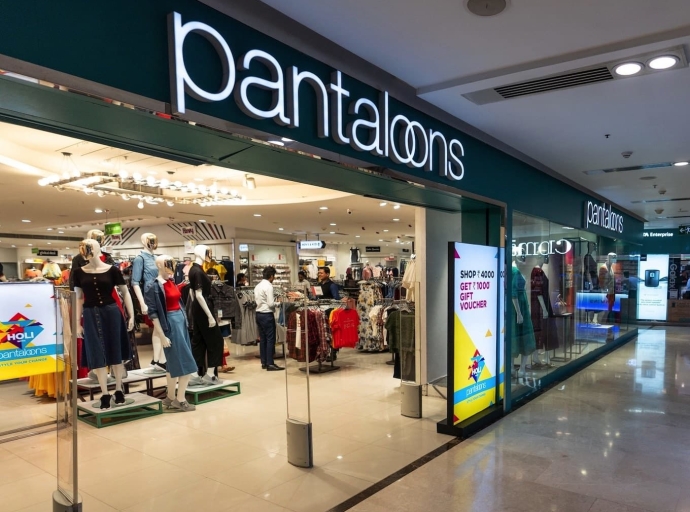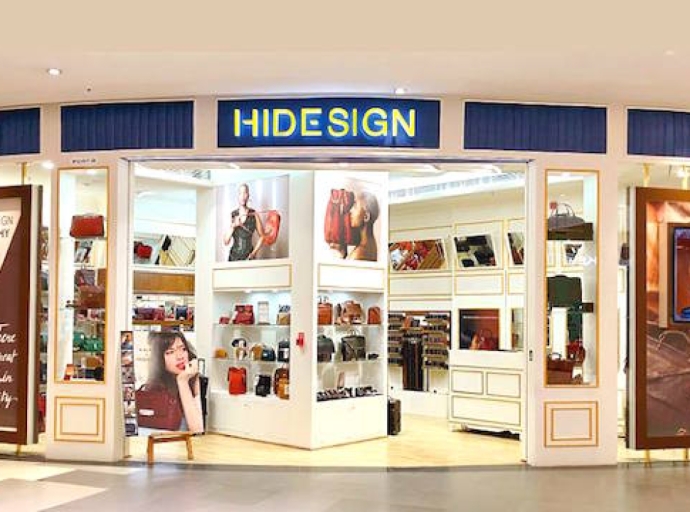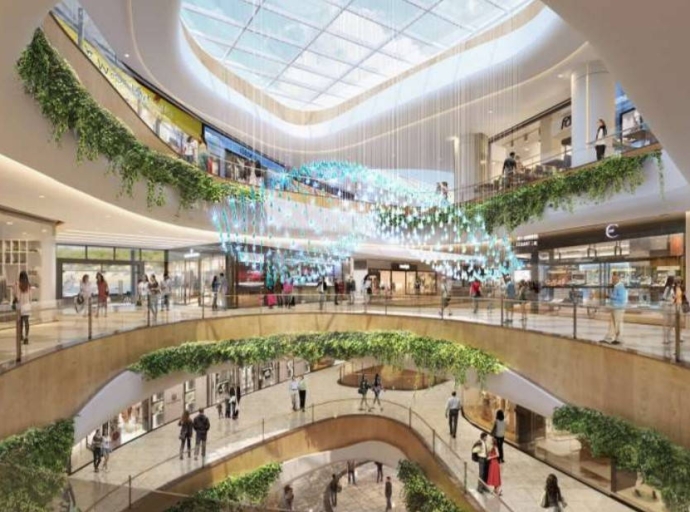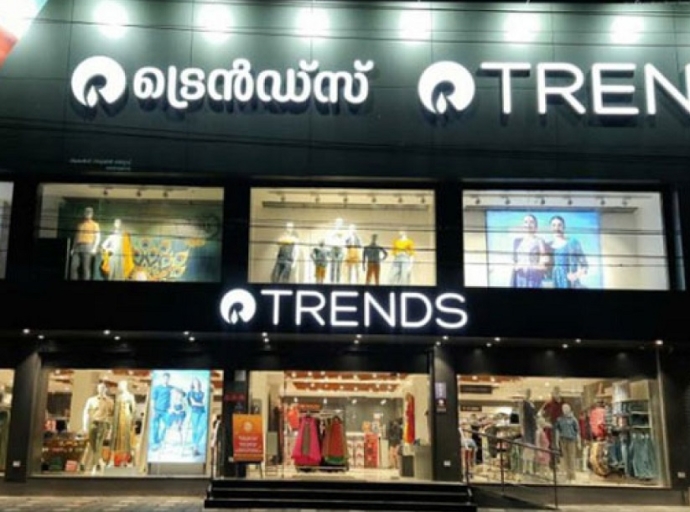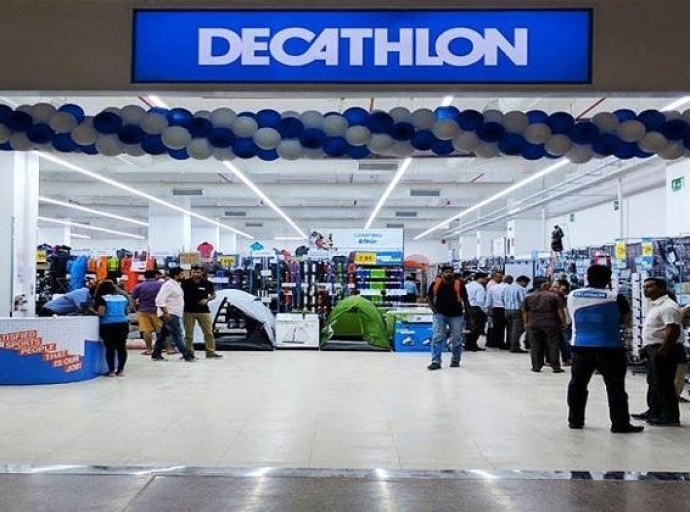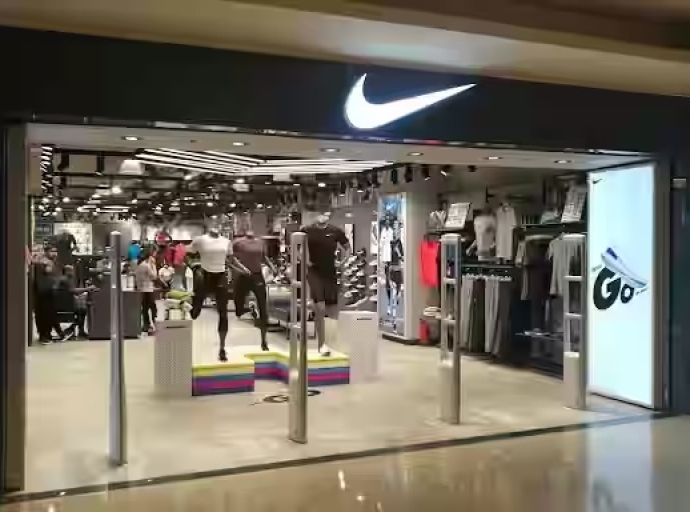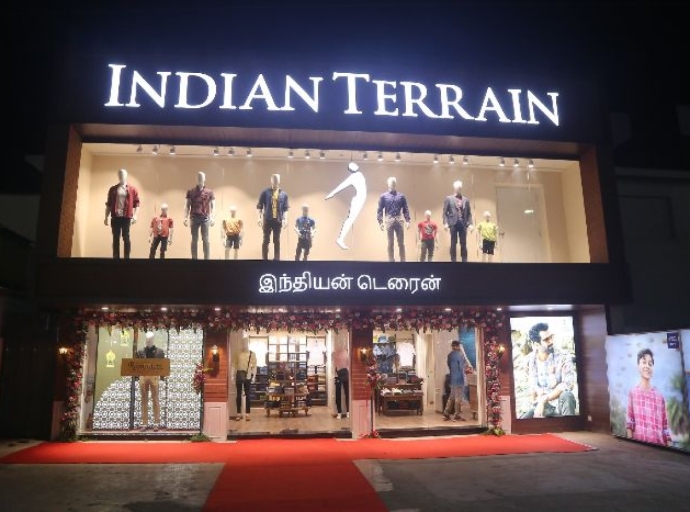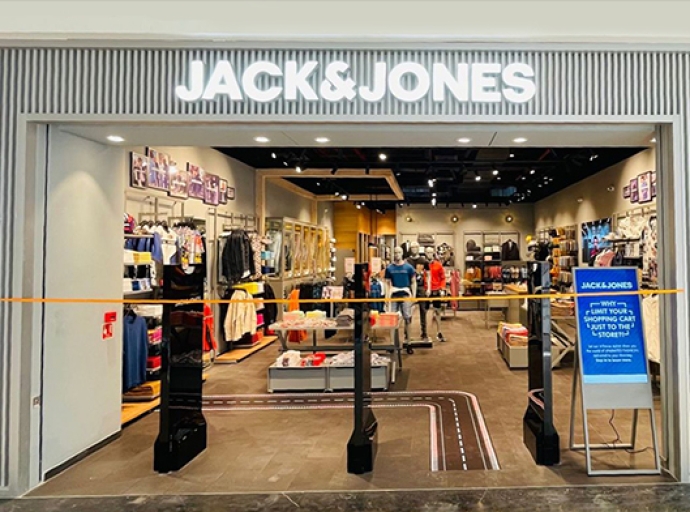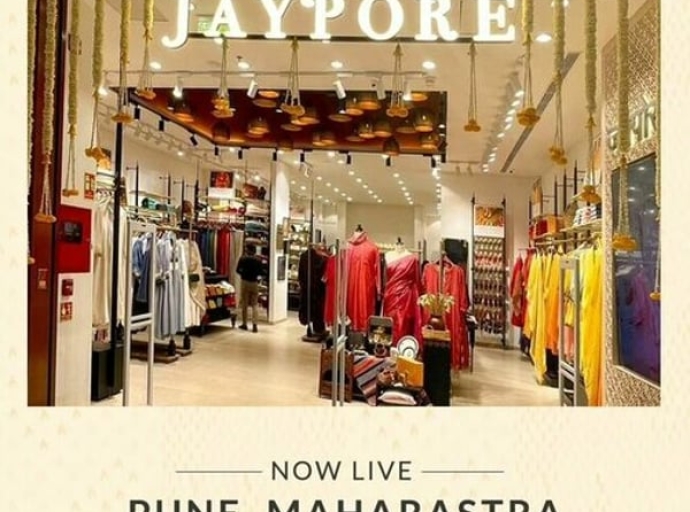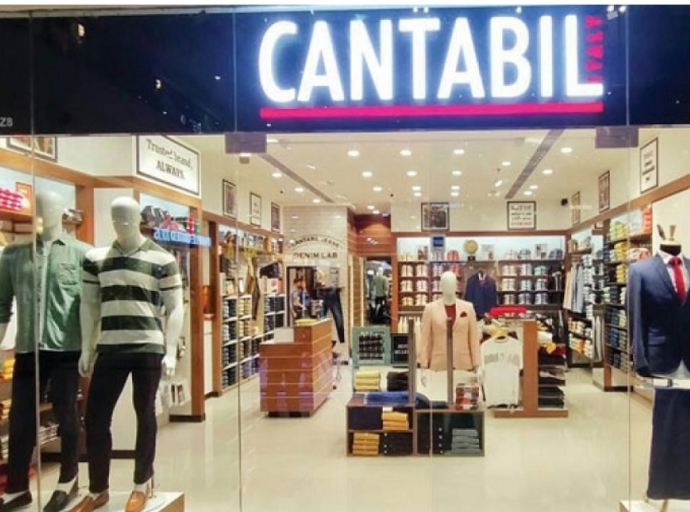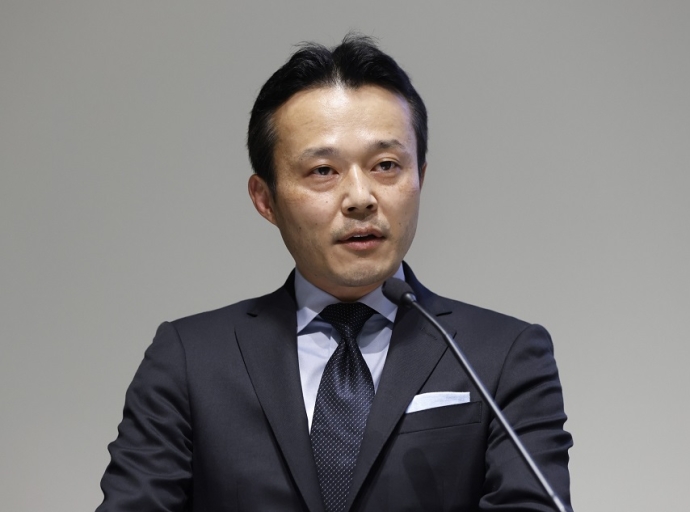04 September 2023, Mumbai
The K Raheja Group’s Shoppers Stop chain of department stores spanning pan-India has the unique distinction of being the first Indian brand in the department store segment in the country.
The first store was opened in October 1991 at Andheri, an affluent Mumbai suburb. Today, the brand has 166 stores spread across 62 cities and towns in 22 states and union territories.
However, India’s pioneer department store chain has hit a rough patch as indicated in Q1 2023 result. Profits are down by a whopping 46 percent to a mere Rs.14.5 crore. To make matters worse, Venugopal Nair, the CEO of Shoppers Stop suddenly announced his resignation on August 24 after which the company’s stocks plummeted almost 13 percent.
The company’s board of directors has also approved the promotion and appointment of Kavindra Mishra, the chief commercial officer and CEO of Shoppers Stop’s furniture retail store HomeStop, as the company’s Executive Director and CEO, following Nair’s resignation.
Intune to drive growth strategy
Conceptualized and nurtured by Nair, Intune is Shoppers Stop’s entry into the value retail space. Touted as the affordable retail format to attract consumers looking for lower-priced fashion clothing, this is perhaps Shoppers Stop’s response to the Zudio that Trent has undertaken already.
Currently, there are two Intune outlets in Hyderabad and one in Dombivali, a lower-end and distant suburb of Mumbai.
The growth strategy for Intune was revised just prior to Nair’s departure from opening 10 more stores across India in 2024 to opening 25 instead. In 2023, the plan is to add an additional 10 stores in Tier I and II towns, particularly focusing on the southern side of India. Intune is Shoppers Stop breaking the barrier of its premium positioning to attract a larger base of clientele.
Demand-based growth strategy for Intune
Intune is slated to go head-to-head with Reliance’s Trends and Trent’s Zudio. A well-analysed report showcasing the robust growth of value retail that is being primarily driven by lower-economic strata of Tier I cities and Tier II, and III towns across India, it was a no-brainer for Shoppers Stop to prioritise and nurture Intune’s growth.
As exciting Nair opined, the current trend of value retail gaining steadily is due to consumers imposing a curb on discretionary spending, opening up the opportunity for labels like Intune to fulfill the gap between need and want in the classic market situation.
Affordability
Intune’s pricing strategy is that the average selling price is between Rs 450 and 500, a segment that not only has a huge consumer base but is being served by the country’s unorganized apparel sector. Nair describes Intune products as awesome fashion at amazingly low prices. However, as Nair exits, the market is speculating if Intune can continue on its trajectory as per plan and bolster Shoppers Stop’s fortunes.
Nair seems positive his baby will break out by the middle of next year, which will be the brand’s first anniversary. However, skeptics aren’t sure as only 30 percent of the apparel market in India is under the organized sector and the value retail space has far too many players, all working towards cornering the Tier II, and III towns dotting the Indian landscape.
It is likely that the new CEO will stick to the well-laid-out plans and continue focusing on creating more efficient and smaller Shoppers Stop department stores in terms of space. It will also focus on SS Beauty and move forward with a premium mix of beauty labels, leveraging the big opportunities this sector presents.
Latest Textile Events

